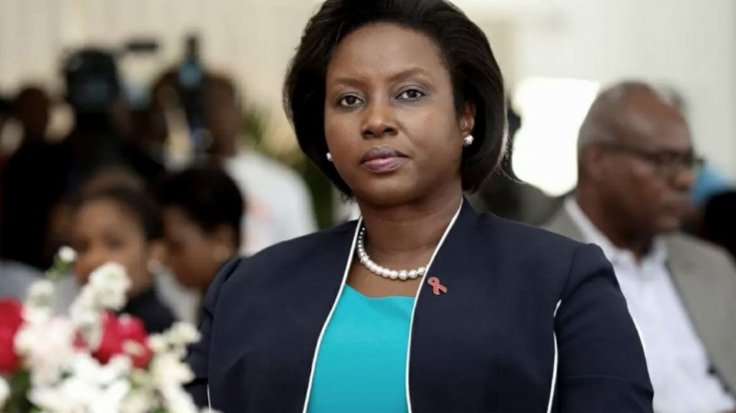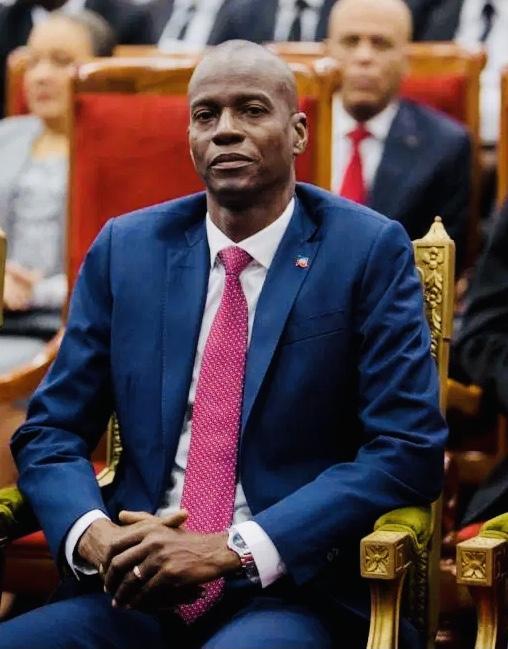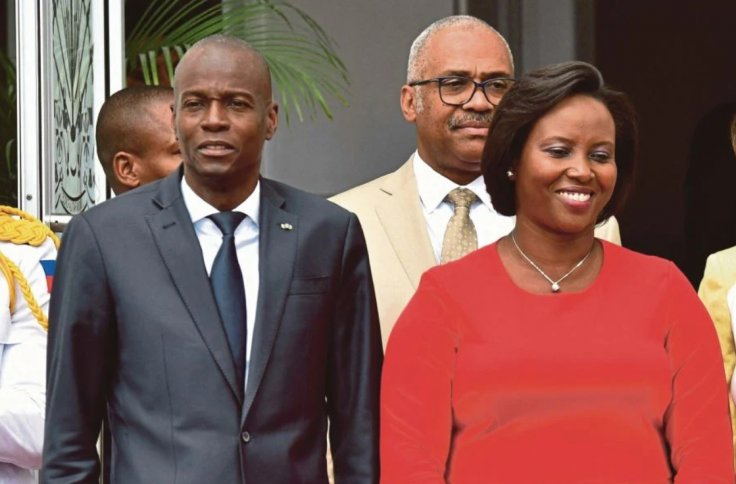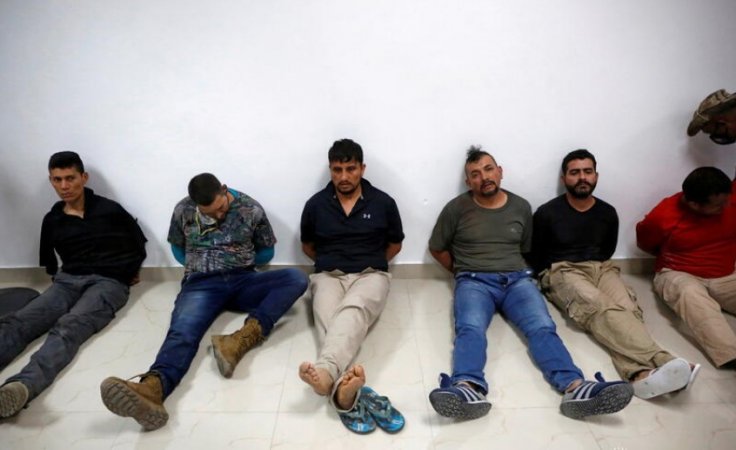Haiti's former first lady Martine Moise has been charged in connection with the 2021 assassination of her husband, President Jovenel Moise after a prosecutor suggested that she may have aspired to assume his position. Moise, 49, was part of a list of 70 people recommended for indictment by the capital's top prosecutor, The New York Times reported.
After thoroughly reviewing the prosecutor's documents, Judge Walther Voltaire has now issued indictments for the former first lady, the country's ex-prime minister, and the former police chief. The 122-page indictment alleges that the late president's widow conspired with former Prime Minister Claude Joseph to assassinate the president in order to replace him herself.
Plotted and Killed Her Husband

Moise is not directly accused of orchestrating her husband's shooting in July 2021. However, the judge has charged her with complicity in her husband's death, citing contradictions in her statements and some evidence suggesting awareness of a plot against him.
The judge referenced testimony from two defendants alleging that she wanted to run for president after the assassination, as reported by the Wall Street Journal.

Moise's lawyer has refuted the allegations, and a separate investigation by the US Department of Justice has reportedly not provided any evidence suggesting her involvement in the assassination plot.
"We do not believe that she is or could ever be a suspect in the case," said Moise's lawyer, Paul Turner. "She was a victim, just like her children that were there, and her husband."
Some legal analysts have suggested that the widow may be a victim of Haiti's corrupt political system, implying that the charges against her could be influenced by broader issues within the country's political environment.

The parallel investigations conducted by both the US Department of Justice and Haitian prosecutors have led to separate charges. Critics of the Haitian indictment argue that it may be politically motivated.
Dirty Politics Involved
President Jovenal Moise was assassinated on July 7, 2021, by a group of Colombian hitmen hired by a Miami-based security company, as per the Haitian investigation.

His security team came under scrutiny for allegedly allowing the assassins to enter the presidential residence without resistance, and the police reportedly failed to arrive promptly despite Moise's 911 call from his burglarized bedroom.
The president was subjected to severe beatings before being shot on the scene, while the first lady sustained gunshot wounds to her arms and thigh. She claimed that the hitmen left only after assuming she was deceased.
Following the assassination, Haiti faced a period of turmoil marked by political violence, and the government was engulfed in chaos.
Elections to determine Moise's successor were never conducted. In the absence of elections, the role was assumed by the nation's prime minister.
The current interim leader, Ariel Henry, has been accused of being involved in the assassination, with phone records allegedly indicating that he had direct communication with a key conspirator before and after the shooting.
Henry has vehemently denied any involvement.

The subsequent investigation by Haitian authorities concluded with the recommended indictment of Moise and 70 others. The indictment was filed by the public prosecutor of Port-au-Prince, Edler Guillaume, a political appointee.
However, the filing is not legally binding and only suggests charges to be brought by an investigating judge, who has the authority to reject them if deemed appropriate.
Legal analysts, as reported by the New York Times, have scrutinized the charges against the former First Lady, interpreting them as a potential weaponization of the legal system against a political adversary.








